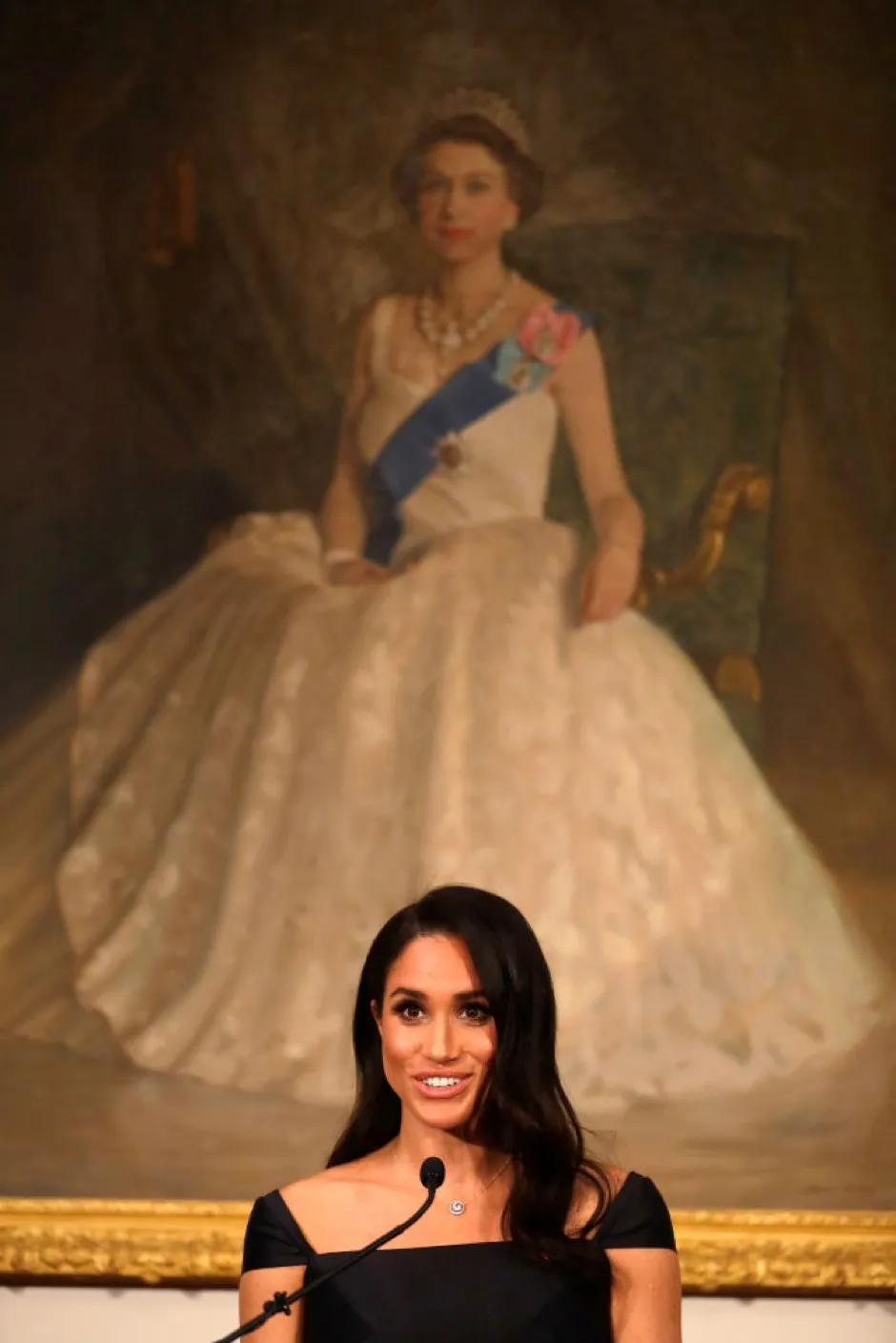Voices can be both our greatest weapon and biggest weakness. They are tools we can use to help us navigate certain social situations while they naturally develop to become part of our identities. But how we talk is also used by others to make - often incorrect - assumptions about what kind of person we are.
So, what do our voices say about us? And how can we adapt them to change how we are perceived? Answering these questions requires looking at voices in a very scientific way, analysing human psychology as much as phonetics.
It reveals we make all manner of decisions about how to talk, both conscious and subconscious, on a daily basis, often altering our voices from situation to situation to help us feel comfortable or get what we want.
But these decisions don’t just start when we reach adulthood. In fact, we are exposed to speech and language before we are even born. Babies are sensitive to sound after only five months in the womb and can potentially hear noises going on outside at this time.
During pregnancy, babies become familiar with their mother’s voice, as well as the voices of people she interacts with, and research suggests pitch patterns in the cries of newborns show similarities with the linguistic communities in which they were carried.

This is an example of how we instinctively use the way we speak to fit in – with social groups, our families and even when we meet strangers. It goes on from the very earliest stage of our lives, but becomes more apparent as we get older.
As we grow up and become socialised, the new people we encounter, such as childcare providers, teachers, and even cartoon characters on TV, influence the way we speak. We borrow certain words and their pronunciation as our language develops. This can be playful – for example, the way that young children repeat nursery rhymes – but also begins the formation of a distinct individual voice.
Once we reach teenage years, or perhaps even earlier, we see the first signs of deliberate voice manipulation – what might be called the ‘voice chameleon’ phenomenon. This is where we adopt different ways of speaking depending on who we are interacting with.
Read more about language:
- The mystery of language: how children learn to speak their mother tongue
- What artificial languages can tell us about ourselves
- Linguistics: 7 language science books to help you finally understand what comes out of your mouth
When interacting with a new person, whether it be face to face, on the phone or via video link, many of us completely change the way we talk. We will all have witnessed it – perhaps as parents seeing our children talk differently to us than to their friends or their friends’ parents, or changing the way we speak when receiving a call from a salesperson. The interesting thing is that this is extremely common behaviour, and most probably done without us realising it.
Some people put on a ‘friendlier’ tone when talking to strangers, speaking in a higher pitch and using clear pronunciation in an attempt to sound polite or less threatening. It is designed to communicate more than just the words used, using basic sounds to establish trust or rapport with someone with whom a relationship is important, like a business client or someone we are asking for directions.
This brings us to one of the more controversial areas of the study of speech: accents. The accent we initially develop is usually not by conscious choice, yet it can have a surprisingly big influence on our lives.
Research has shown society can make assumptions about a person based on their accent and the way they speak, which has the potential to impact on their career prospects or how they are treated socially.
Studies reveal that upper-class accents are often viewed as authoritative and indicative of physical attractiveness, but as less friendly or trustworthy. On the other hand, many regional accents are seen as more friendly but suggestive of lower intelligence.
While incredibly unfair, this is the reality of how voices have become intertwined with stereotypes. In the same way someone’s appearance might lead to others making snap assumptions about them, certain manners of speaking can be interpreted in different ways.
For example, uptalking – where someone’s speech goes up at the end of a sentence, as if they were asking a question – is sometimes interpreted as the person being less sure about what they are saying, and less confident generally. In a scenario like a job interview this could be the difference between success and failure, and yet has nothing to do with the substance of what is being said.
Some people have found ways to use these assumptions to their advantage, however. It is possible to change the way you speak through conscious effort and/or speech training, an example of this being former UK Prime Minister Margaret Thatcher.
To counter criticism that she sounded shrill and not in control, she learned to speak more slowly and in a lower pitch, which is perceived as more dominant and confident.
Others remain remarkably resilient to change, even when surrounded by speakers with a different accent. For example, a small-scale study suggested there had been no changes in Meghan Markle’s American English vowels since she became the Duchess of Sussex, but another indicates her intonation seems to be changing to sound more British.

As well as having professional and social uses, our voices can also influence our love lives. Research shows women find deep male voices attractive, yet men struggle to adapt their voices to make them sound sexier.
Women, on the other hand, are able to make their voices more attractive by making only simple tweaks. Breathy speech which is slowly spoken and relatively low in pitch is considered to be sexy – just look at the way a breathy, low-pitched voice is used to sell food in TV adverts.
Deliberate or accidental, the sounds we make allow us to establish relationships and make our way in life. They can be used to fool people or create a persona, but also unintentionally reveal secrets about ourselves.
One thing is for certain: whether they are used in marketing, dating or professional networking, our voices speak volumes about us.
Your Voice Speaks Volumes: It’s Not What You Say But How You Say It by Jane Setter is available now (£20, OUP)